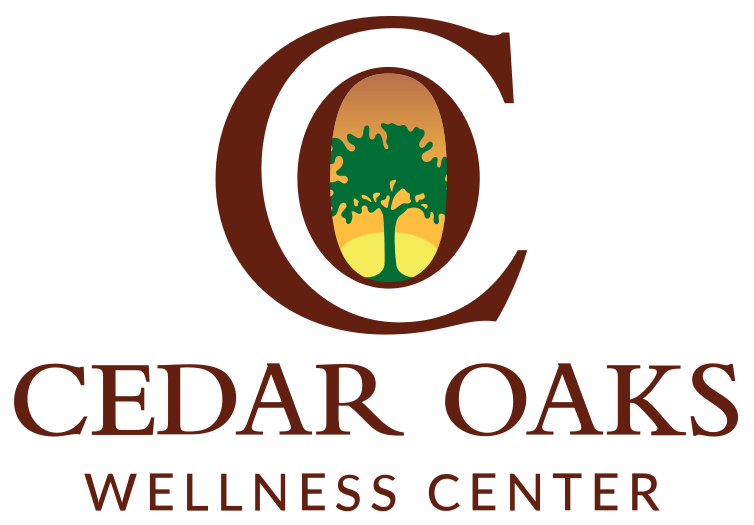For many people who want to attend alcohol addiction treatments or drug rehabilitation programs, they choose not to because they don’t think they can due to their work obligations. Working 40 hours a week or even part-time can be a huge part of your time each week, it’s true. However, there is some good news for busy people who want to treat their addictions without worrying about losing their jobs due to attendance issues: the Family and Medical Leave Act (FMLA).
In 1993, the FMLA was passed to make it easier for qualifying employees to take time off work for medical and family-related issues without fear of termination. Because it is a federal act, it applies to all 50 states, too. Under the FLMA, eligible employees can take up to 12 weeks of unpaid leave to address a serious medical concern, such as a chronic illness or mental health difficulty.
According to the FMLA’s definitions, drug or alcohol addiction is categorized as both a mental health difficulty and a chronic illness. With this said, going to rehab for a few weeks is protected by the FMLA.
Who is Covered by FMLA?
The requirements for FLMA coverage are a bit cloudy to understand. An employee can qualify based on who hired them and specific details of their employment.
You probably qualify for FMLA coverage if you meet these requirements:
- Have been employed for at least one year at the same place of employment;
- Worked at least 1,250 hours in that year of work;
- Work for an employer with 50 or more employees within a 75-mile radius; and/or,
- Work for a public entity like a school or certain government agencies.
If you work full time and have for at least a year, then you are probably covered by the FMLA unless your employer is a small business. If you aren’t sure if you are covered by FMLA protections and benefits, you can speak with your employer or an employment law attorney if you don’t feel comfortable going to your employer about it.
Why FMLA Pairs Well with Rehab
Fighting an addiction is not a process that can be done with a flip of a switch. It often can’t be done in just a few therapy sessions, either. Instead, addiction treatment is usually the most effective when the patient has plenty of time to learn about themselves, adjust to new routines, and, perhaps most importantly, rest.
The protections from the FMLA pairs well with addiction rehab treatments because most courses take anywhere between 3 to 12 weeks, depending on the severity of the patient’s addiction and the substance that caused it. With the FMLA granting you up to 12 weeks of leave time without the risk of losing your job, you should have ample time to attend a rehab program and miss no time within it. Afterward, you can still take additional treatment courses to strengthen your newfound sobriety, but these are usually simple to schedule around your work routine.
You Can’t Be Fired for an Illness
If you don’t qualify for FMLA protections due to your employment status, then you should know that you still can’t be punished by your employer for being diagnosed with an illness. It is considered discrimination in most cases if you are terminated or otherwise punished at work because you have an illness or disability, such as an addiction to drugs or alcohol. If you tell your employer that you need time off to treat your addiction and they fire you, then it might be something to take to an employment lawyer. However, your employment can be terminated if your job performance falters due to the symptoms of addiction.
Should You Get Treatment without FLMA Protections?
Yes, if you need help with an addiction to alcohol or drugs, then you should seek it as soon as possible. Ultimately, your health is more important than your job. Not getting any help with fighting an addiction can be downright dangerous when the substance in question can cause serious side effects.
Some substances like cocaine, heroin, and opiates can cause dangerous symptoms, such as:
- Heart failure
- Respiratory illness
- Seizures
- Paranoia
- Depression
- Mania
- Dramatic weight loss
- Amnesia
If you are worried about your health and you are ready to fight an addiction, then do not hesitate to look for a treatment center in your region or state that can take care of you. An experienced and reputable addiction rehab center will likely have multiple treatment methods and programs that can be customized to you specifically. In doing so, you might be able to get effective addiction treatments that work with your schedule, whether or not you can take 12 weeks off work through FMLA benefits.
For drug and alcohol addiction recovery options in Ohio that work for you, please contact Cedar Oaks Wellness Center today.


